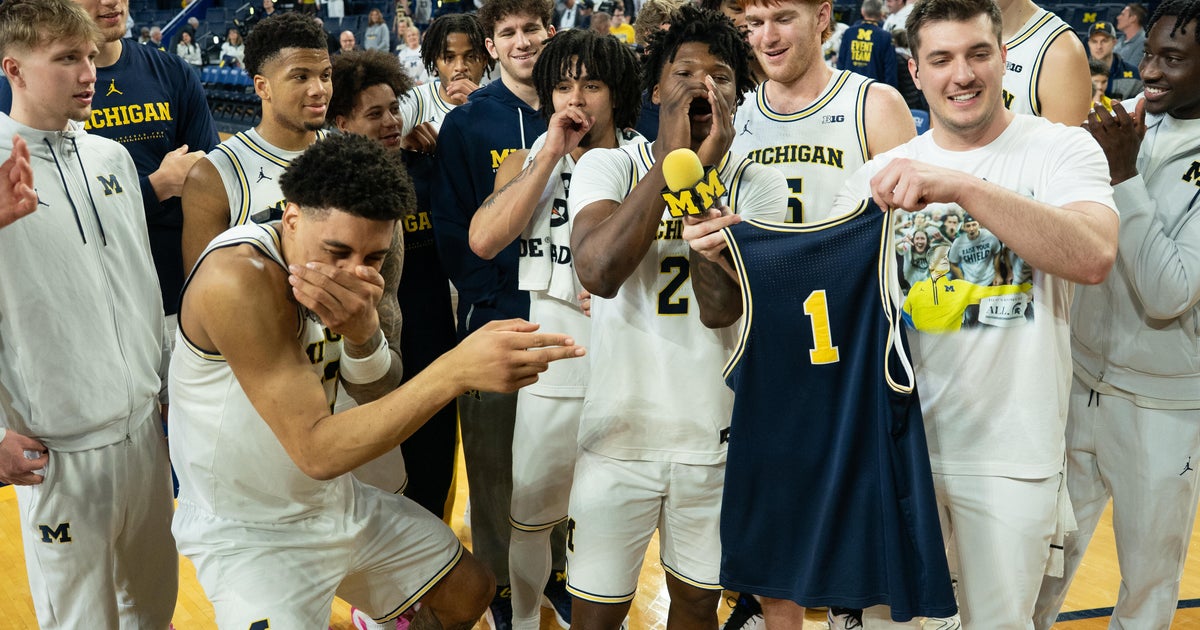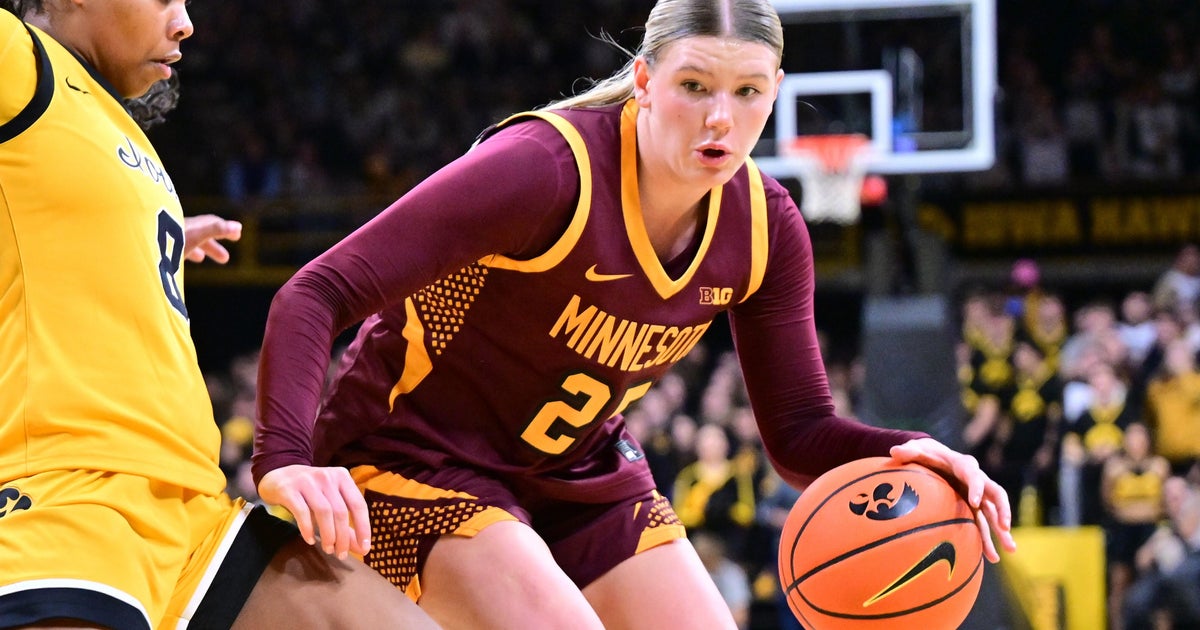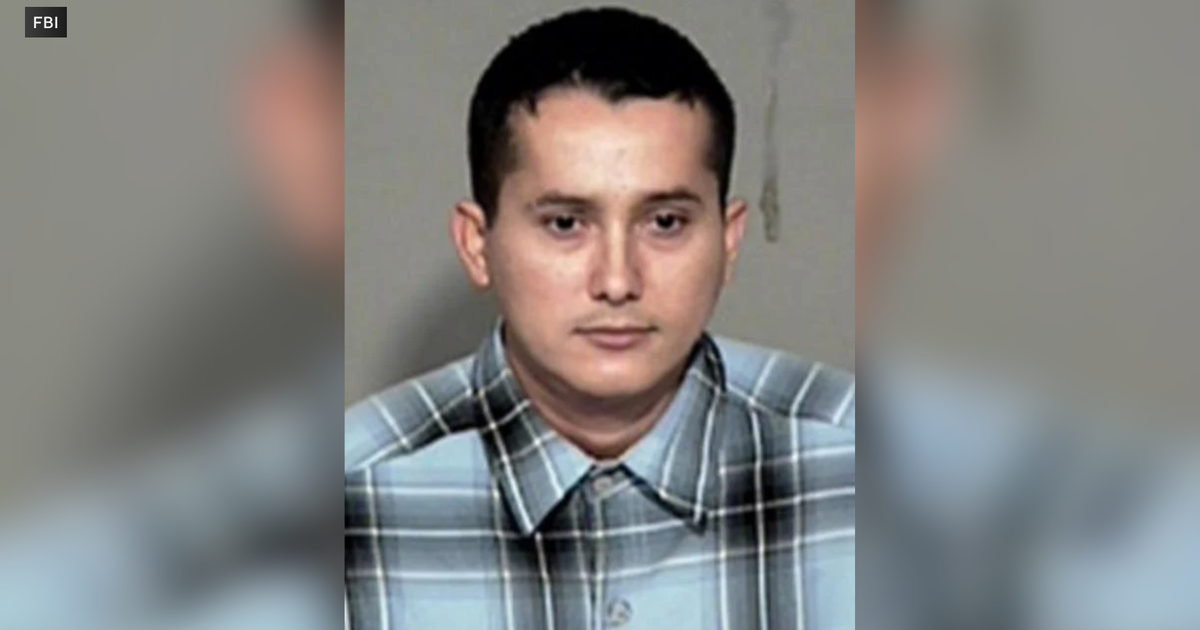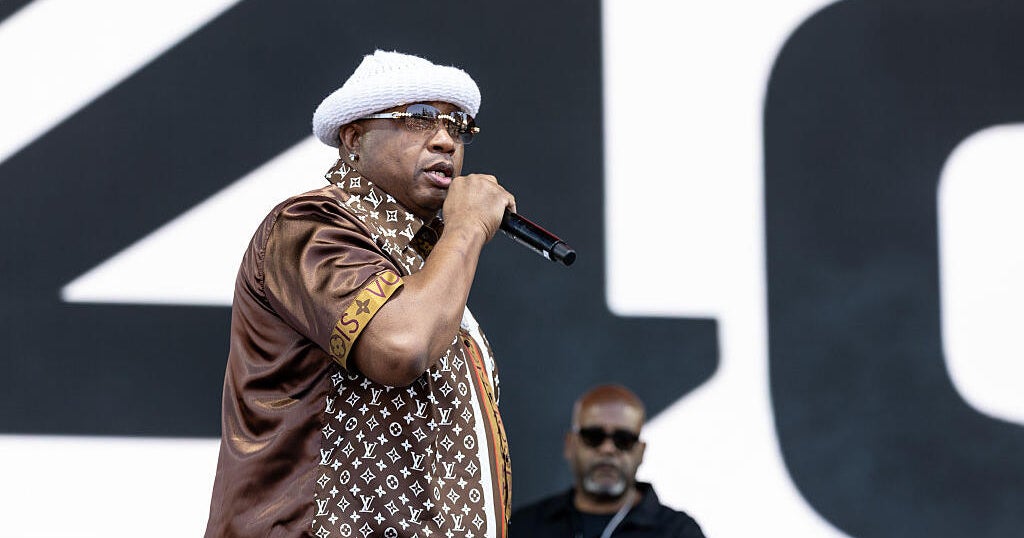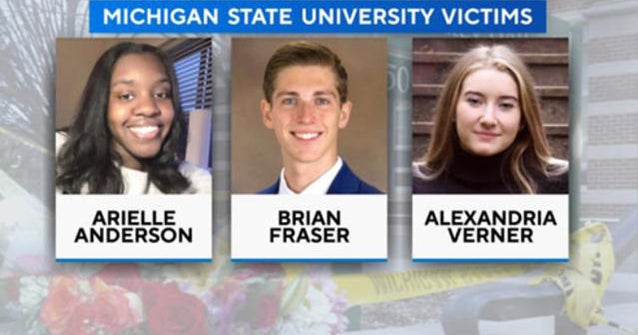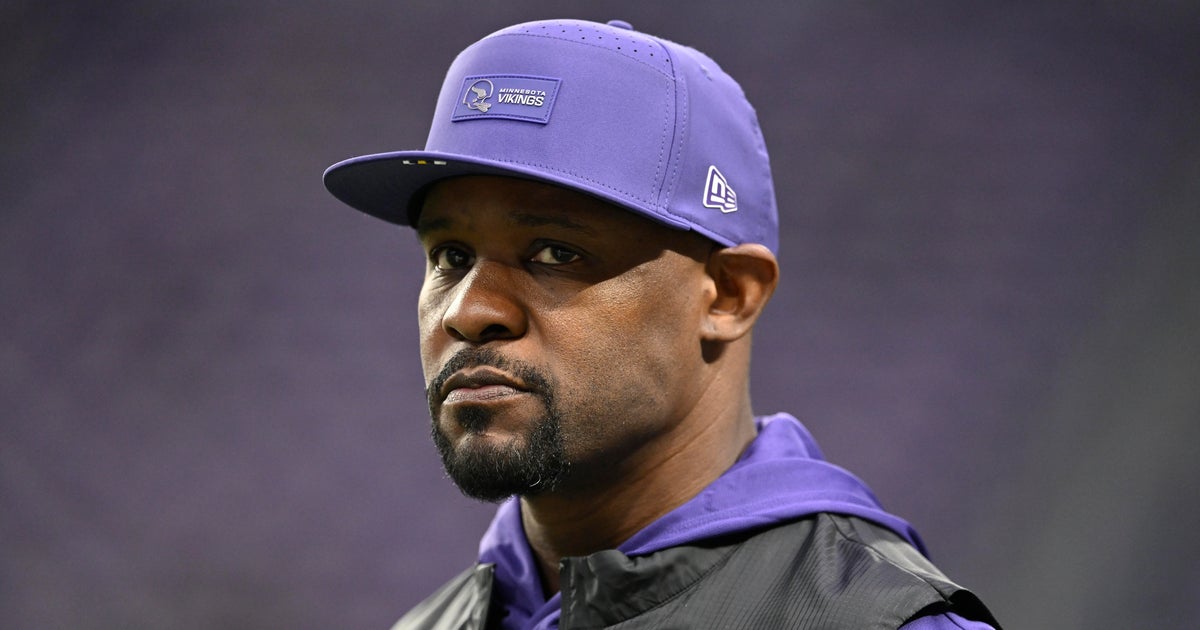Penn State Faculty Group Disputes NCAA Sanctions
PHILADELPHIA (AP) — Former Penn State faculty leaders blasted the NCAA and former FBI director Louis Freeh on Tuesday over their handling of the Jerry Sandusky child sex-abuse scandal, saying Freeh's report — prepared for the university — and the NCAA's $60 million in fines unfairly punish the entire university community.
The scholars said Freeh used "scant evidence" to support conclusions that the NCAA then relied upon and embellished to set sanctions that harmed not just the athletic department but Penn State's academics well-being and financial health.
"On a foundation of scant evidence, the report adds layers of conjecture and supposition to create a portrait of fault, complicity, and malfeasance that could well be at odds with the truth," said the statement, signed by 29 past chairs of the faculty senate.
Freeh defended his work Tuesday in an interview with The Associated Press. Addressing specific criticism that his team did not interview Mike McQueary and other key witnesses, Freeh said his team respected requests by state prosecutors to rely on their grand jury testimony. McQueary is the graduate assistant who saw Sandusky, a former assistant football coach, in the shower with a boy in 2001.
"We did not interview him; that was at the request of the attorney general," Freeh said. "Some of the people we normally would have interviewed, we were asked by the prosecutors not to do so."
"We stand very strongly behind our report," Freeh said.
His 267-page report concluded that failures of leadership, an intense football culture and an unbending desire to protect the university's reputation all served to enable Sandusky as he molested young boys for years. Sandusky, a longtime defensive coordinator, was convicted in June of abusing 10 boys, some in the locker room showers.
Freeh's findings have come under fire from ousted school president Graham Spanier, the family of late football coach Joe Paterno and the two university officials charged with perjury and failing to report the abuse complaints.
The NCAA sanctions also include a four-year ban on bowl games.
The faculty leaders took special issue with the NCAA, saying it jumped to conclusions in finding the school had a long history of putting football over academics. The former teachers said they had hundreds of years of collective experience at Penn State and had never been asked to change grades for athletes or approve of phantom courses or majors.
"Not only are these assertions about the Penn State culture unproven, but we declare them to be false," the statement said. The signers include former engineering professors Richard G. Cunningham, who led the faculty senate in 1967-68, and Jean Landa Pytel, who led the group in 2010-2011.
The NCAA did not immediately return a call for comment.
Neither Paterno nor Spanier were charged in the case, although both lost their jobs. Paterno died of lung cancer in January.
Sandusky is awaiting sentencing. Former school vice president Gary Schultz and former athletic director Tim Curley are awaiting trial on the perjury and failure to report charges. They have pleaded not guilty.
"The shock of the crimes that occurred here clearly underlines the need for greater vigilance and stronger policies. However, the sweeping and unsupported generalizations by the Freeh Group ... and the NCAA do not provide a satisfactory basis for productive change," the faculty group wrote.
